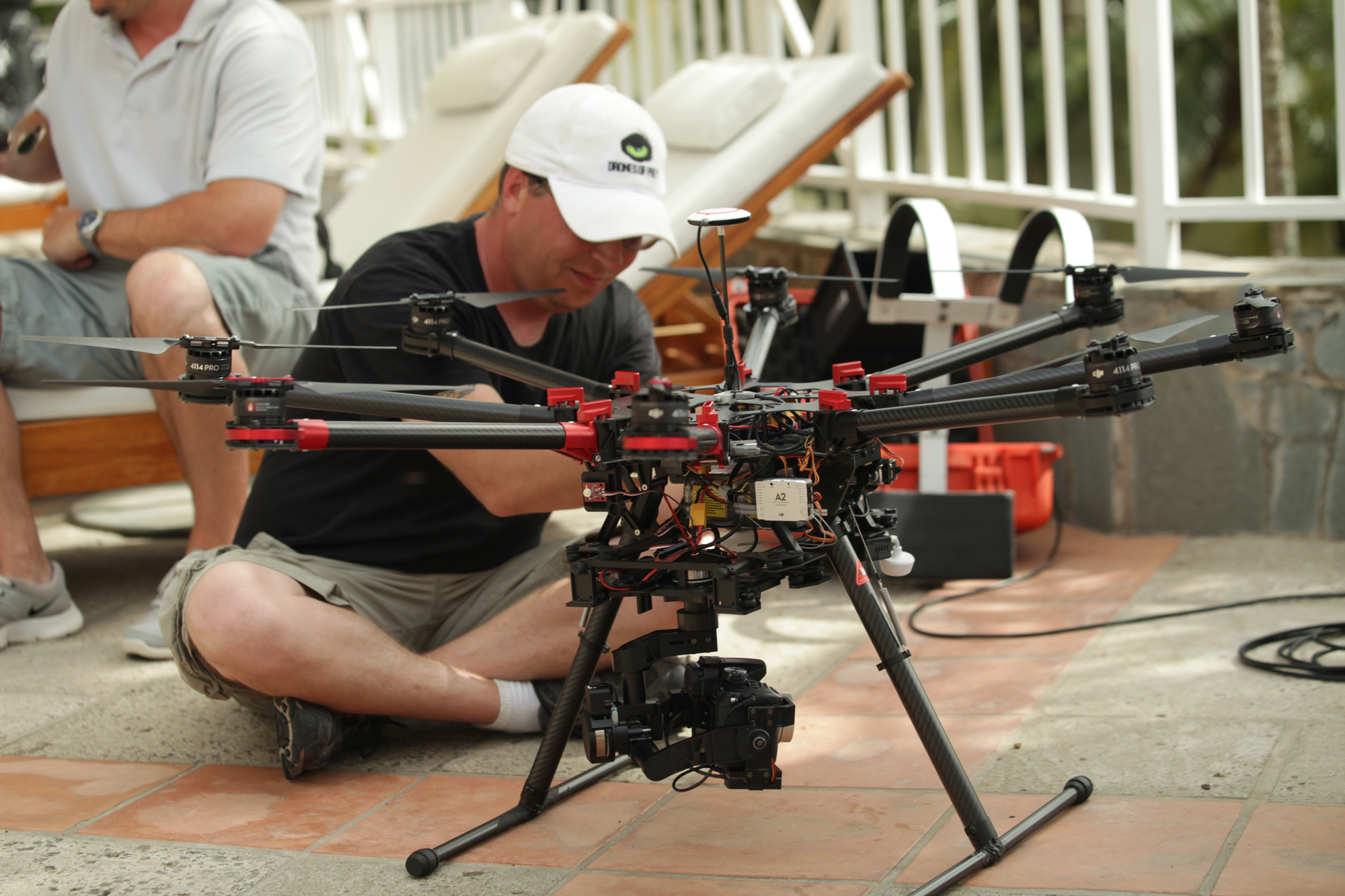With the popularity of drones and the constantly increasing amount of pilots looking to enjoy them for both personal and commercial purposes, a lot of questions have popped up that should be acknowledged. To help you make sure safety and legality stay at the forefront of your drone experience, here are some of the top questions that you should be considering.
Is a drone allowed to fly over my property?
If you find a drone hovering over your property, whether it’s a tiny thing or larger device, it is normal to find it unsettling or even fearful. Technically speaking, someone’s drone is not allowed to fly over your property without your permission. If you find that the neighbor’s kid is constantly buzzing the thing around your backyard, it might be a good idea to mention it to his parents. If you don’t know who is flying it and you’re concerned, you can call your local police officers to come and check it out. Do not attempt to shoot or otherwise take down a drone on your own.
Am I allowed to fly my drone on my own property?
If you are flying a recreational drone, you are allowed to fly the drone on your own property, providing you follow the laws in terms of height. It will be your responsibility to learn how high you can fly your drone in your community. For many locations, it’s no higher than 400 feet. Stay within your property lines and focus on not going too high. It should be obvious but let’s not forget to mention to steer clear of power lines and the like.
Can I fly a drone in a city?
The laws are changing faster and faster in terms of whether or not drones are allowed within city limits for flying, or anything for that matter. As such, you should be regularly checking for local updates for your city to see if this is allowed. Almost all cities will require you to register your drone with the FAA, and in doing this, you may be able to find your up to date information on flying with city limits.
Do I need a license when just flying my drone for fun?
If you are flying a recreational drone just for fun and you are following all of the rules associated with it, a license is not required. That being said, you should know your local rules to make sure that you can keep yourself flying “in the clear”. Notwithstanding, you should be versed of the FAA requirements to be sure you aren’t breaking any rules as ignorance is not an excuse.
Can I fly my drone at night?
There is no law against flying your drone at night in terms of following the laws and making sure you are abiding with the height restriction and not flying too close to an airport or school. Keep in mind, though, that you will not be able to see your drone as well, so you will need to be extra careful to follow all rules in terms of property lines and height.
Information and new laws and rules are constantly changing, so before putting your drone in the air, take a look at the newest local and FAA updates so that you know what to expect. Again, it is your responsibility to heed due diligence. While we aren’t a company to provide legal rules of drone flying, just trying to help inform here and there. However, if you are looking for a drone pilot for a specific project or marketing, please contact Drones of Prey for a free quote of services.

